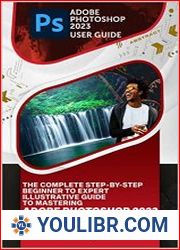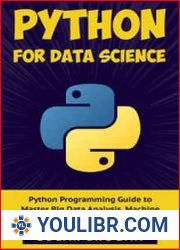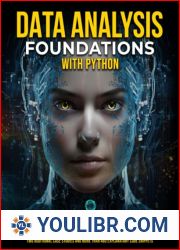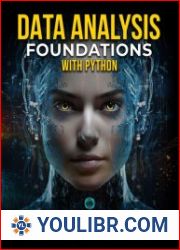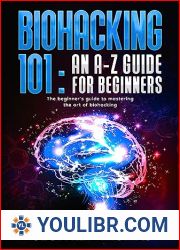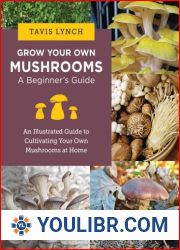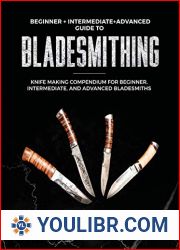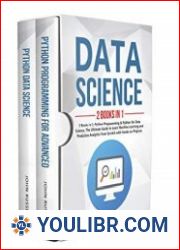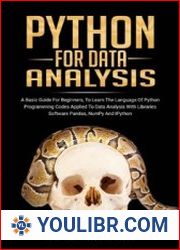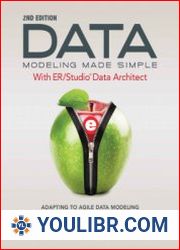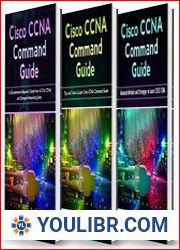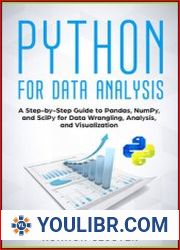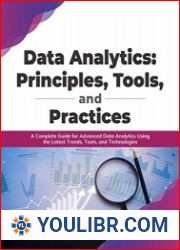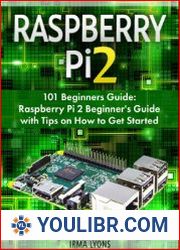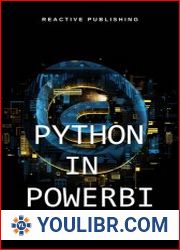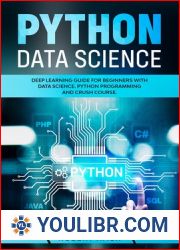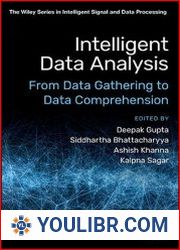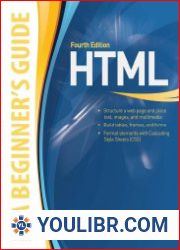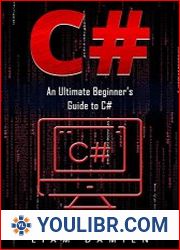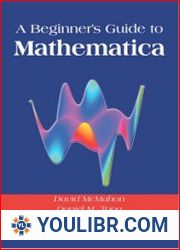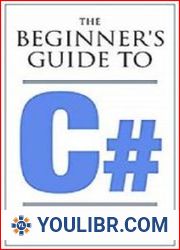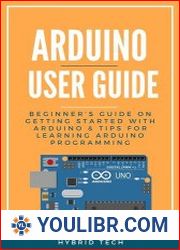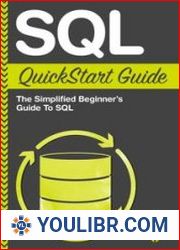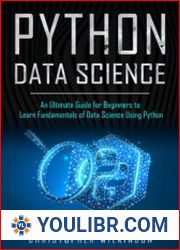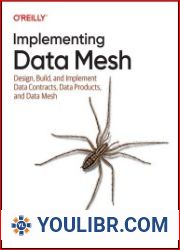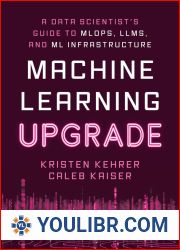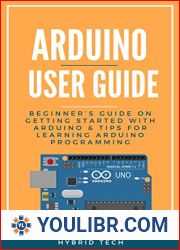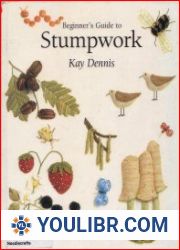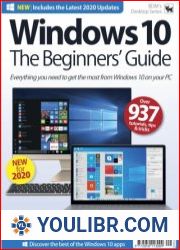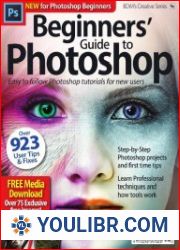
BOOKS - R-ticulate A Beginner's Guide to Data Analysis for Natural Scientists

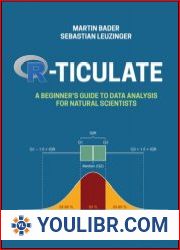
US $6.77

386518

386518
R-ticulate A Beginner's Guide to Data Analysis for Natural Scientists
Author: Martin Bader, Sebastian Leuzinger
Year: 2024
Format: EPUB
File size: 28.2 MB
Language: ENG
Year: 2024
Format: EPUB
File size: 28.2 MB
Language: ENG
An accessible learning resource that develops data analysis skills for natural science students in an efficient style using the R programming language. R-ticulate: A Beginner’s Guide to Data Analysis for Natural Scientists is a compact, example-based, and user-friendly statistics textbook without unnecessary frills, but instead filled with engaging, relatable examples, practical tips, online exercises, resources, and references to extensions, all on a level that follows contemporary curricula taught in large parts of the world. The content structure is unique in the sense that statistical skills are introduced at the same time as software (programming) skills in R. This is by far the best way of teaching from the authors’ experience. Our aim was to produce a surmountable, paced, 12?chapter text which suits the typical 12 week (1 semester) layout of many undergraduate courses. Just like in our classroom teaching, we use easy?to?understand language to explain key concepts and strive to strike a balance between the practical application of statistical models and a conceptual understanding of the theoretical foundations. The content of the chapters can be used selectively, and we deliberately go deeper where we deem detail is useful.We demonstrate the use of base R as well as that of more recent developments (Tidyverse) as we firmly believe that both have their place, and taking the best of both worlds makes most sense. Exercises and datasets are available online to save space and keep the volume of the text ‘light’, particularly for those who prefer to work with a hard copy. We hope this text will help you to R-ticulate yourself well in a data-driven world where statistical analysis and modelling skills are ever more important and in high demand with employers, far beyond the natural sciences.







